Athanasius Kircher, one of the first prominent figures to propose a connection between the distinct rhythm of the heart and the state of people's health, suggested the use of rhythmic stimuli to cure diseases. Since then, there have been various attempts to alter the heart rate by means of auditory stimuli. However, there are still limitations to understanding the regulating mechanisms in cardio-respiratory synchronisation. This study aims to shed light on basic functions within the complex psycho-physiological regulatory mechanisms of subjects who are presented with auditory stimuli. In different experiments, the author investigates heart rate behaviour, the effects of rhythmical acoustic stimuli on subjects' cardio-respiratory regulatory mechanisms, and the influence of bio-feedback on the ability to actively adapt and deflect their own heart rate to and from a steady periodic rhythmical stimulus. A set of questionnaires accompanies the experiments, providing information about musical preferences, learning issues, stage anxiety biases, and similar parameters that might contribute to a more comprehensive understanding of how subjects react to acoustic stimuli.

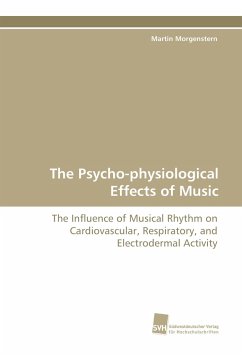
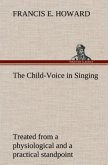
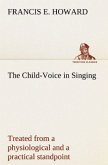
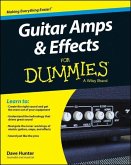

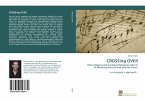

![The Fiddler Playalong Cello Collection: Cello Music from Around the World [With CD] The Fiddler Playalong Cello Collection: Cello Music from Around the World [With CD]](https://bilder.buecher.de/produkte/23/23359/23359789m.jpg)